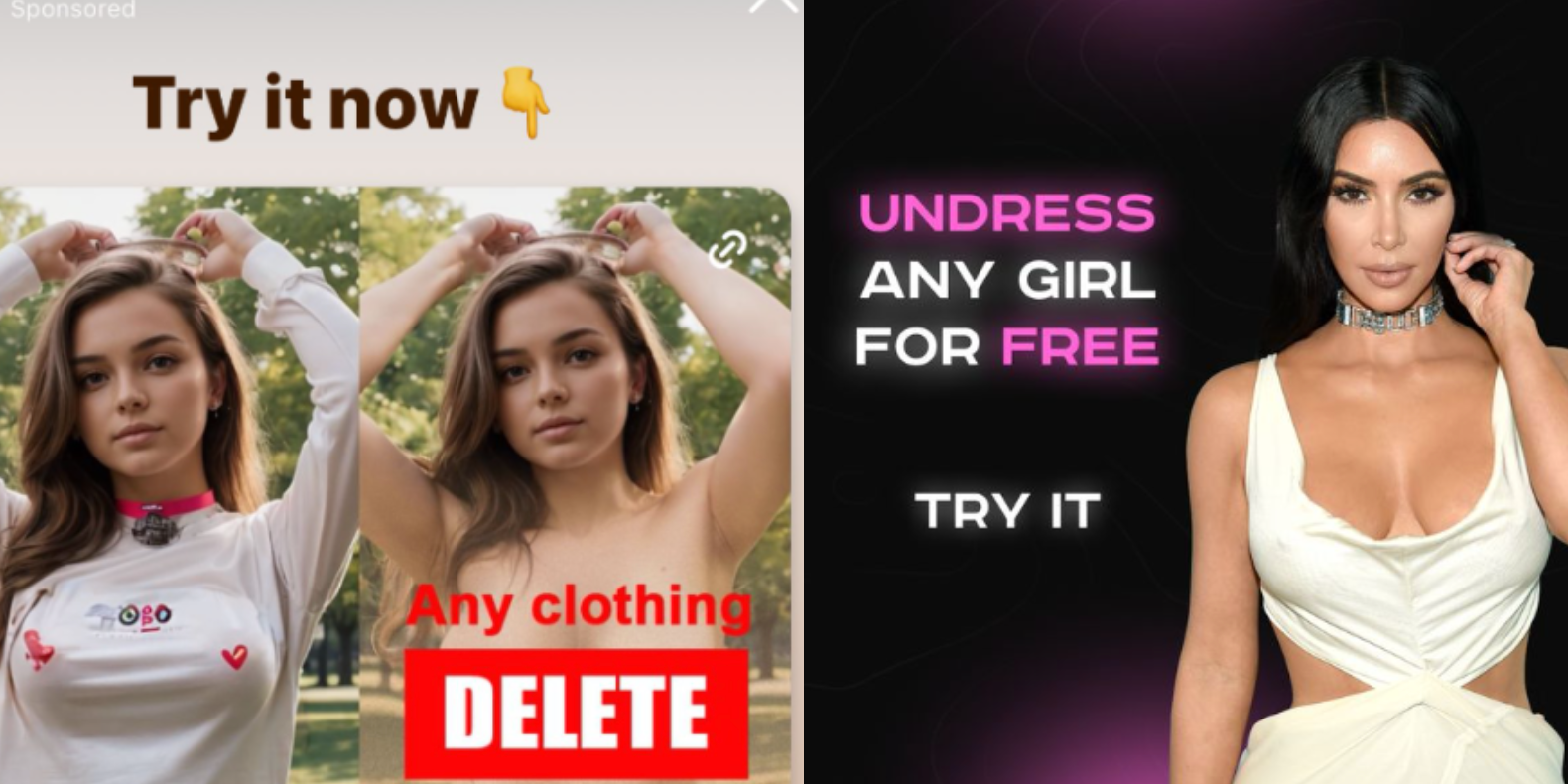- cross-posted to:
- technology@beehaw.org
- cross-posted to:
- technology@beehaw.org
Instagram is profiting from several ads that invite people to create nonconsensual nude images with AI image generation apps, once again showing that some of the most harmful applications of AI tools are not hidden on the dark corners of the internet, but are actively promoted to users by social media companies unable or unwilling to enforce their policies about who can buy ads on their platforms.
While parent company Meta’s Ad Library, which archives ads on its platforms, who paid for them, and where and when they were posted, shows that the company has taken down several of these ads previously, many ads that explicitly invited users to create nudes and some ad buyers were up until I reached out to Meta for comment. Some of these ads were for the best known nonconsensual “undress” or “nudify” services on the internet.



The Deepfake stuff is interesting from a legal standpoint, and that is essentially the topic of this thread. When Deepfake first became a thing, many companies (like Reddit) chose to ban the content; they did so voluntarily, perhaps a mix of morality and liability issues.
What I referred to regarding tabloids is that there have been many cases of paparazzi being fined for breaches of privacy, not libel. From my studies I recall a good example being “if you need a ladder to see over someone’s fence you are invading the expectation of privacy”. This was before drones were a thing so I don’t know how it applies these days.
I agree that you should have control of your likeness, but I don’t think it is as protected as your comment suggests.